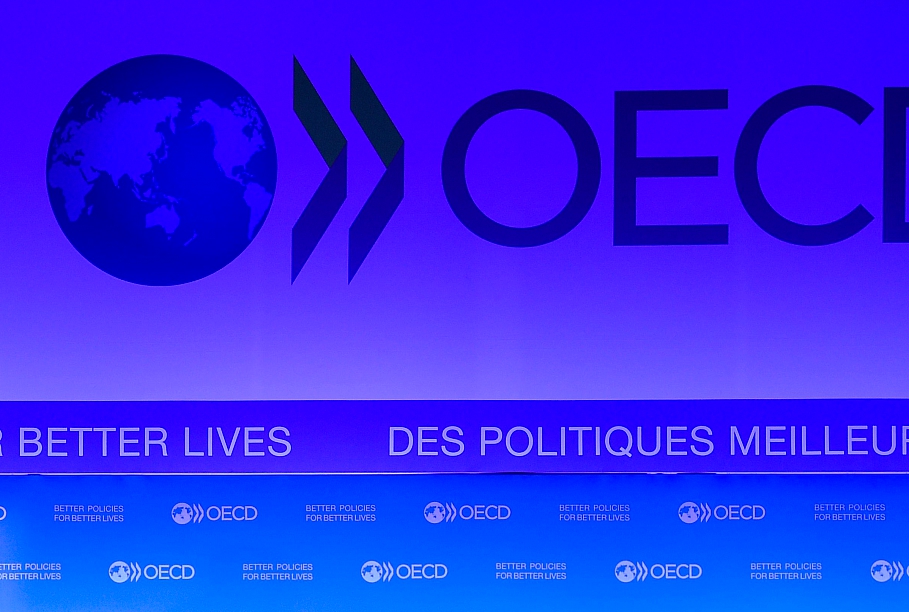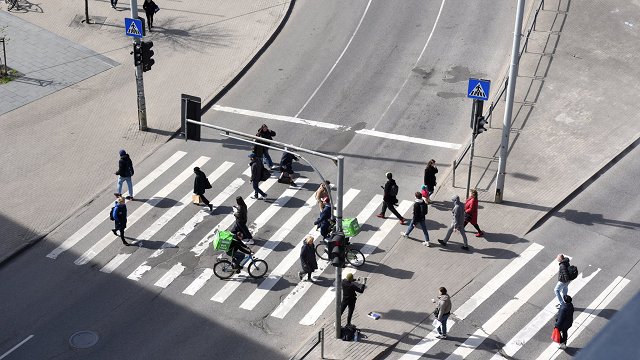"Economic growth is projected to remain strong and broad-based. Exports are strengthening as prospects in EU countries and Russia are improving. Stronger exports and EU structural fund transfers are boosting investment. High wage growth will underpin household consumption. Unemployment is projected to fall only gradually due to skill and regional mismatches between workers and jobs. The current account deficit is projected to increase as strong domestic demand boosts imports," the OECD said.
Growth in #Latvia projected to remain strong, broad-based & high wage growth will underpin household consumption, says #OECD's #EconomicOutlook. See: https://t.co/EM9Xx5HihA pic.twitter.com/EXaLzzeLUO
— OECD Economics (@OECDeconomy) November 28, 2017
Increasing the supply of affordable housing would enable low-income workers to move to areas with better job opportunities. Providing more generous grants to students from low-income families attending vocational schools and universities would boost productivity and inclusiveness, it added.
"Exempting poor households from high co-payments for health care and avoiding the cut back of publicly funded health-care programs towards the end of the year would reduce risks of poverty. More generous grants for students from low income families attending vocational schools and universities would alleviate skill shortages," the organization advised.
Private sector indebtedness has fallen below the OECD average, and house prices have risen only in line with household income.
Read the full overview of Latvia in the attachment.






























